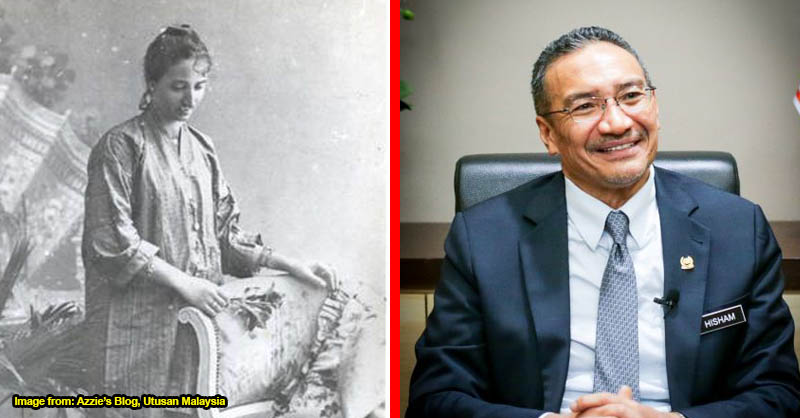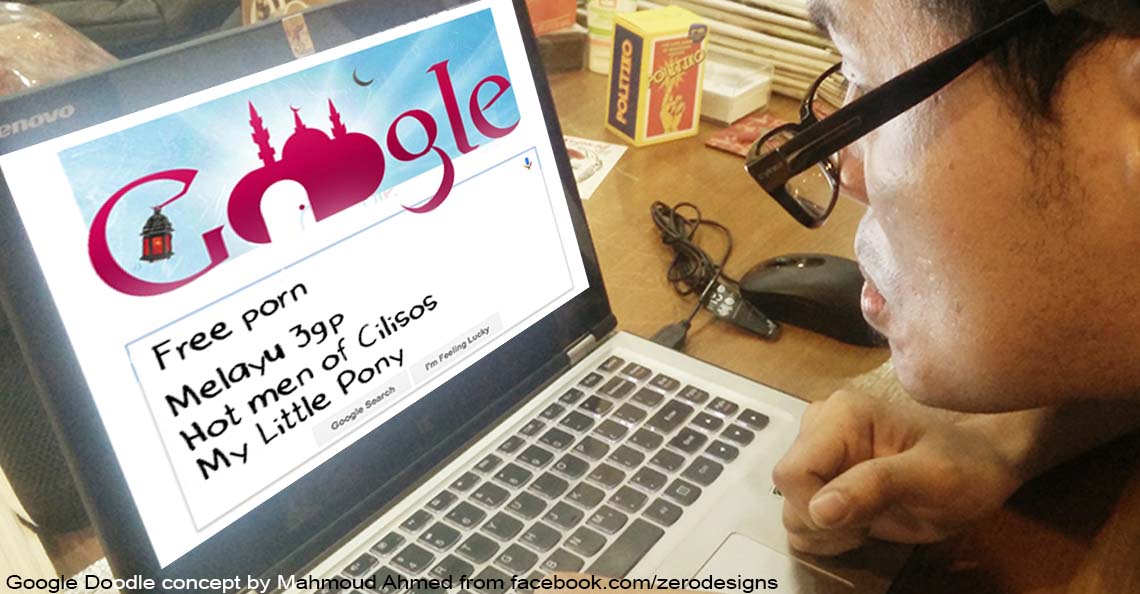Do M’sians want Hudud? We ask 7 biasa people some honest questions

- 1.3KShares
- Facebook1.1K
- Twitter15
- Email57
- WhatsApp86
(Note: The featured image is a whipping that took place in Aceh. Read the story here)
Ever since the amendments to Kelantan’s Shariah laws were passed by it’s local state government last year, there’s been increasing concern that Malaysia is a step closer towards implementing Hudud (in Kelantan at least). However, the state government approval was only Step 1 of the process – they still needed to get the green light from parliament.
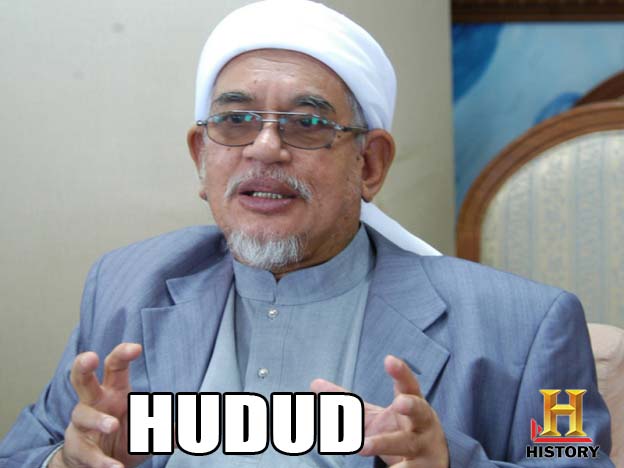
Step 2 was initiated last week when PAS President Abdul Hadi Awang presented a Private Members Bill – kinda like a proposal by an MP who’s not a minister – during the last day of the Parliament meet on May 26th. This generated quite a bit of heat as BN was seen to be supporting Hudud because they let the Bill potong queue for discussion despite it being unpopular even among BN’s component parties, with MCA and MIC members threatening to quit (and one did!).
Although both Hadi Awang and PM Najib mentioned that the bill was not about introducing Hudud law (just to allow the Kelantan Shariah court to issue more punishments), there were concerns that this might lead to it, perhaps inspiring other states to do the same as well.
So we decided to ask some people what they think about living under Hudud
We sent out a questionnaire to Malaysians of different ethnicities and religions to see what they know about Hudud, what they think of it, and whether or not they support it. In total, we interviewed 15 people living in the Klang Valley area (sorry, time limitation) – 3 of whom were non-Muslim. Here’s a quick summary of the results:
- 8 said “No” to Hudud, 5 said “Yes”, and 2 didn’t fit into a yes or no
- All 3 non-Muslims said “No”
However, what was interesting was their in-depth answers – 7 of which are featured below.
Because Hadi Awang’s Bill will only affect Kelantan, you can also check out our previous article where we interviewed a some non-Muslim Kelantanese to see what they thought of living under Hudud. And if you’re super rajin, you should totally read this article which presents a more detailed discussion on Hudud… like how Hudud not a “law” but a list of punishments and offenses – the actual law is Shariah. And there’s also Hadi Awang’s proposed changes from the same article:
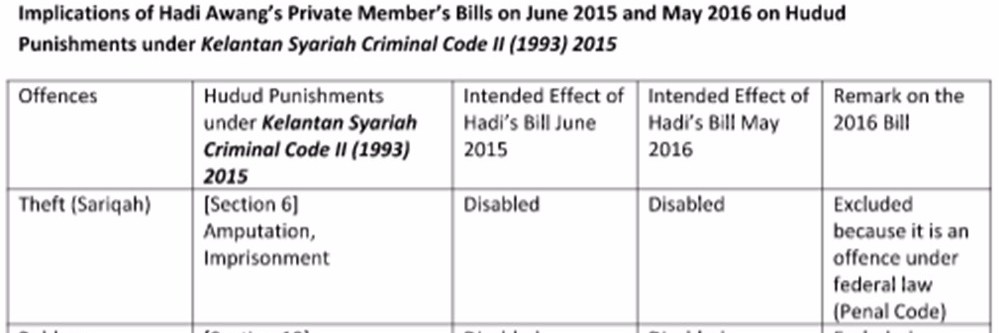
So here’s what some of our interviewees had to say about the thought of having Hudud in Malaysia…
1. “Who will sit in the Hudud Council? I hope they choose someone sane and just” – Ali | Muslim | Head of Customer Experience
Support Hudud: Yes, but conditional
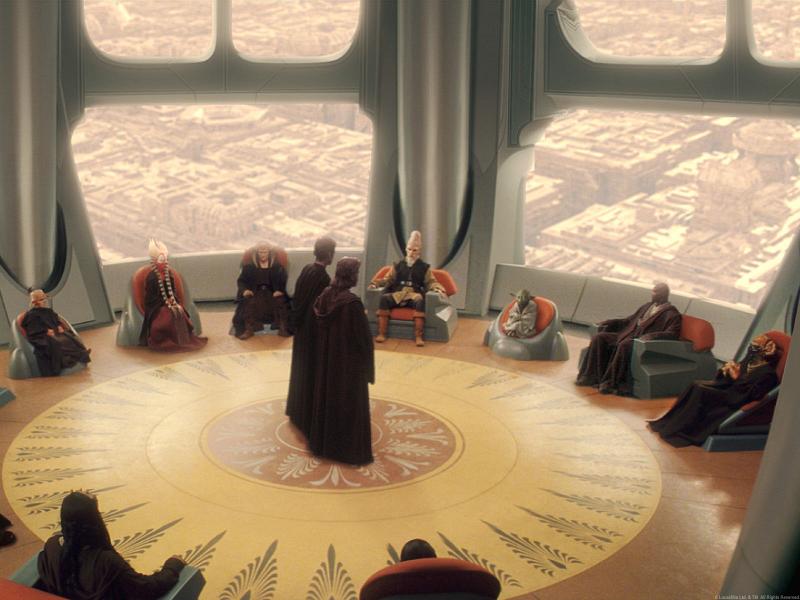
Ali describes Hudud as a set of divine laws that were sent by God through the Quran and Hadith that will control society and keep Muslims away from mischief and, in essence, “the best law since it’s from the Creator”. To him, Hudud would give better peace of mind since the severity of Hudud punishments would force potential criminals to think twice before committing a crime.
“As an example, I lost everything when someone broke into my car few years back, during the Friday Prayer. I lost everything, my laptop, my beloved PSP (which was a gift – priceless), my resume. Everything. A month later, the police caught the culprit.
What did he get? 7 months in jail. If you ask me, it’s highly unfair that the culprit sits in jail eating free food and goes back out to do his thing. I believe this alone shows how unfair and unjust the current system is. (Will I get in trouble for saying this?lol)”
In this sense, Ali thinks that Hudud might be a fairer way to ensure justice is properly served.
“There are prerequisites in order for the law to be applied to a person, especially when it comes to the death penalty. The prerequisites are so detailed, that it’s nearly impossible for anyone to be put to death. It’s the same for thieves – if a person steals because they have hungry children, they must not be punished but instead helped by society (give him/her a job etc).
Under Hudud, I would have to forgive the person who robbed me (I can’t bear the sight of him losing his hand, aye?) but he also has to pay back all of the damages that he had done.”
However, Ali’s concern about Hudud is that it the lack of understanding of what it is (like the prerequisites) and the possibility that it might be abused:
The law cannot run by itself, it needs an executive power to run and apply it. Murphy’s Law says that “what can go wrong, will go wrong”. I’m afraid that with the current way things are being run, implementing the law might lead to destruction due to abuse of power. (Will I get in trouble for saying this? lol).
2. “I don’t think we can truly claim to be a moderate Muslim country if Hudud happens” – Roshinee | non-Muslim | Student
Support Hudud: No
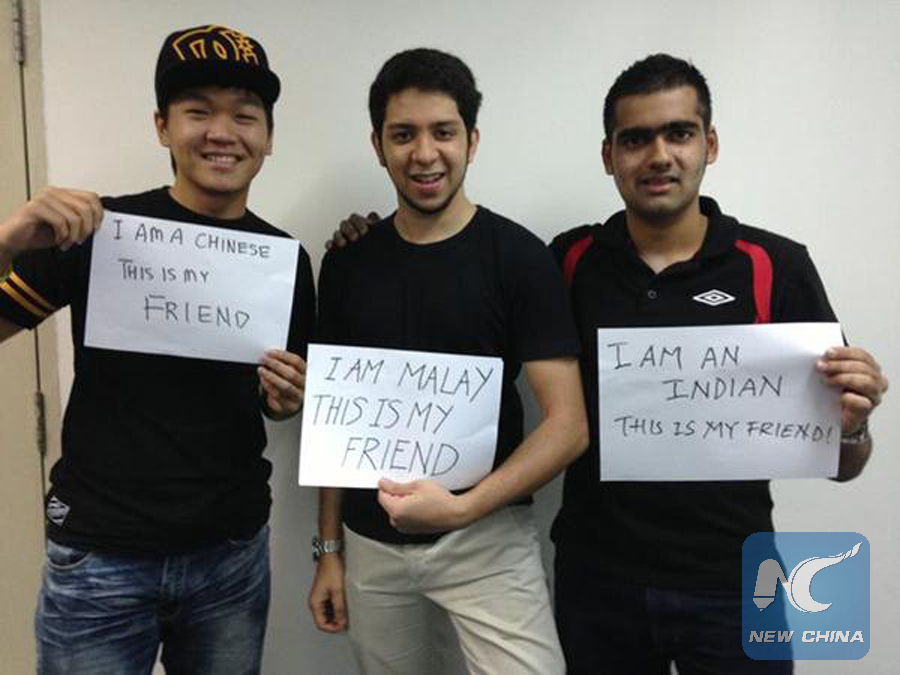
While Roshinee is quite certain that Hudud wouldn’t have too much of an effect on her as a non-Muslim, she admits that the thought of it still disturbs her because of how it would affect people around her who ARE Muslim:
“I understand Hudud as a separate judiciary system for Muslims, and if you’re not Muslim it won’t be implemented on you in any way. At the same time, it seems deeply unfair to give Muslims harsher punishments solely based on their religion.
I am also concerned with those who are not necessarily practicing Muslims, this system would still be pushed down onto them despite their refusal, and I don’t appreciate them being oppressed like that.”
She’s also particularly disturbed by the extent of the punishments (describing some of them as “gory”) and thinks that, despite Hudud’s religious background, it’s unsuitable for Malaysia’s moderate-progressive society.
“If I am not mistaken, Hudud punishments are to be carried out in public. So does that mean we can look forward to the return of public lashings/stonings soon enough? ARE WE MOVING BACKWARDS?!”
Roshinee questions how Hudud may have an effect on the country as a whole, and if the practice is still valid in this time and age when we should be focusing more on freedom rather than fear.
“I cannot see any possible advantages to implementing the Hudud law in Malaysia, except when in perspective of religious leaders who might see it as a way to ‘reduce crime rates’ and reinforce their religious beliefs unto a majority. But at what cost, honestly? Citizens living in fear of inhumane persecution? This is policy driven by fear, and such a policy is never truly effective.”
3. “Can the government not mix Hudud with politics?” – Jojo | Muslim | Student
Support Hudud: Yes, but conditional
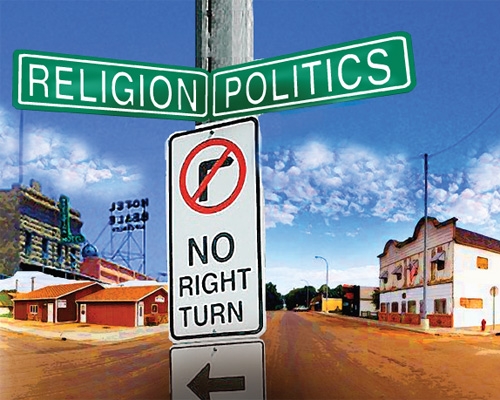
Although Jojo doesn’t consider himself a pious Muslim, he supports Hudud as long as it’s been properly studied and found suitable for our multiracial society.
“Hudud indicates punishment that has been specified in the Quran and the Sunnah that has to be carried as God’s will for disrupting peace in the society. If we look clearly at Hudud, it’s perfect from time to time. We must know that Islam is a way of life, not just Ibadah (spiritual devotion)“
When we asked Jojo what his major concern about implementing Hudud in Malaysia was, he had just two words for us:
“Politician’s rage”
Elaborating on the answer, he says:
“Can the government not mix Hudud with their political rubbish?”
And (spoiler alert) that’s one of the common statements you’d expect to see throughout this article 🙂
4. “What is it about our Constitutional laws that are inadequate enough for Muslims that you need Hudud?” – Vernon Adrian Emuang | non-Muslim | Media and Communications Professional
Support Hudud: No
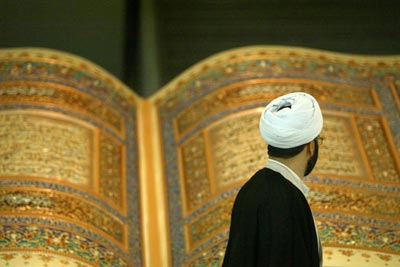
The pressing question on Vernon’s mind is simply why Hudud is needed when we already have regular (secular) laws, and why we aren’t allowed to question the enforcement of these laws.
“These are centuries-old principles from a far different time and place that apparently cannot be questioned. An all-knowing and all-compassionate God would not be as unwavering or vindictive as Hudud seems to suggest. It gives religious authorities more power to control criticism, dissent, and disagreement.”
He also points out that Hudud’s strict punishments may prevent people from speaking up about their personal liberties and rights, something that our early leaders fought so hard to achieve in the early days of independence.
“Hudud and shariah have been used by totalitarian governments to silence political rivals. I may start to stop using my powers of critical thinking to make better, more effective choices and simply give in to religious edicts.
Vernon fears that the implementation of Hudud may stop people from thinking critically – something that’s needed to advance ourselves as a society – as it might be much easier to just follow the decisions made by the religious authorities rather than risk getting in trouble.
5. “The Quran came from God, but any law from the Quran is implemented by Man” – Mrym Lee | Muslim | Program curator and editor, Projek Dialog
Support Hudud: Only the spirit of Hudud, not the implementation
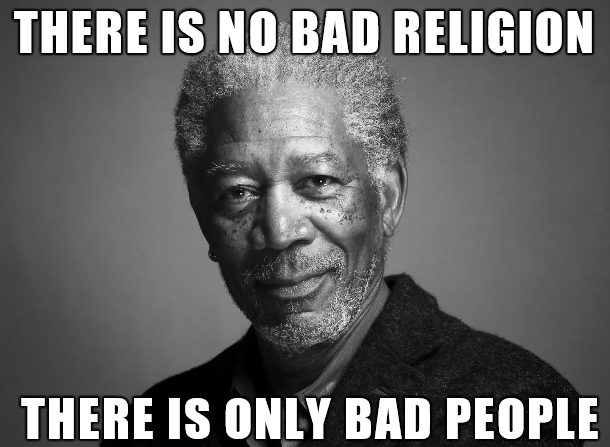
Mrym takes a historical view when it comes to Hudud, saying that we’ve had Islamic influences in our laws and regulations since the zaman Kesultanan Melayu Melaka days, such as the Undang-undang Laut and the Batu Bersurat Terengganu. To her, there’s nothing wrong with being open to Islamic influences when it comes to improving how a country is run…
“The maritime laws of Undang-undang Laut Melaka was basically Islamic law and it helped paved the way for good maritime governance, making trade possible and Melaka thrived because of it. When hudud is implemented in this spirit, I have no problems with it.“
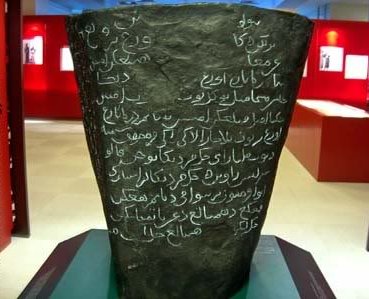
… But what she does have a problem with is how and who interprets these laws because, while most people would agree that God is infallible, mankind isn’t. In this sense, the problem may not be the law itself, but the people tasked with interpreting and implementing the laws.
“My concern is with people who say that only “learned people” can talk about Hudud and only they have the power to impose their understanding of Hudud on muslims. This clearly paves the way for abuse of absolute power. Everyone should have a say in laws that affect that them.“
She particularly questions PAS’s endorsement of Hudud in Saudi Arabia as a “good example” to follow, pointing out it may negatively affect the lives of Malaysian women in the future. And then there’s the question of fairness:
“Will the political elites and the monarchs be punished the same way common people are punished under Hudud law? If no, then how is that a fair law?”
6. “Do Malaysians understand what Hudud is in the first place?” – Nur | Muslim | Self-employed
Support Hudud: Yes (with a capital Y-E-S)
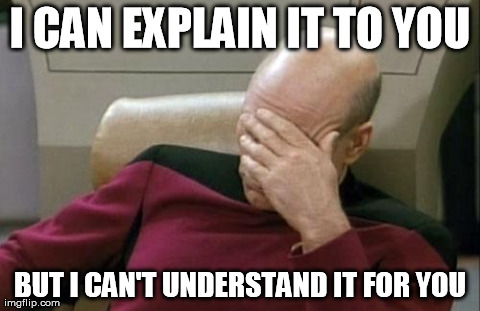
To Nur, Hudud is a holistic concept that can benefit everyone including non-Muslims. She believes that the opposition to Hudud stems from a lack of information and understanding of what Hudud is all about.
“Hudud is more than just ‘an eye for an eye’ or ‘hand for hand’. The concepts and definition of Qisas (eye for an eye) firmly protect those who could be innocent. And takzir (punishment by a judge), still allow judges to justify whether the punishment should be enforced, or not.
AND the most important part, if there’s fakir miskin (poor people) in the country, Hudud CANNOT be implemented. The society needs to be at the standard where everyone is well off, basic amenities are provided so there is no reason for stealing or prostitution.”
It’s on this somewhat related note that, with so many voices and opinions on Hudud, one of our other respondents kinda stood out…
7. “I need to understand more about Hudud first” – Hui Ting | Muslim | Freelance theatre practitioner
Support Hudud: Don’t know yet

Whenever we send out these types of questions, we usually get a reply, or we don’t. We were pleasantly surprised when we received the following reply from Hui Ting:
“I don’t really know much about Hudud law so I cant’t really give my opinion about this. Really have to do some homework first baru can answer. Maybe this time you skip mine first? But anyway thanks for doing this, really increase the awareness about Hudud law, at least for me.
For me, any law applied to a particular race or group of people will surely affect our daily life. It’s just a matter of time. And for Hudud law, I can’t really understand the reason why they would suddenly want this? I don’t know their motive.
This the only thing I can share for now coz i really need to do understand more first. Hope you understand. :-)”
We’re highlighting this not just because we appreciated the honesty of the answer, but also because it’s a great reminder that a little more knowledge and awareness never hurts – and there’s no shame in admitting it. Which leads us to why we asked these questions in the first place….
We need to have more open discussions – and not just about Hudud.

Whenever we write an article that touches on religious and social issues, we expect a fair amount of discussions in the comments section. While we may not always agree with some of them, we’ve always welcomed them because it encourages conversation and learning.
What does NOT help, though, are the “If your not (insert religion here) then shut the (insert bad word here) up” comments. It’s even more disheartening when some of the people in our government make similar statements:
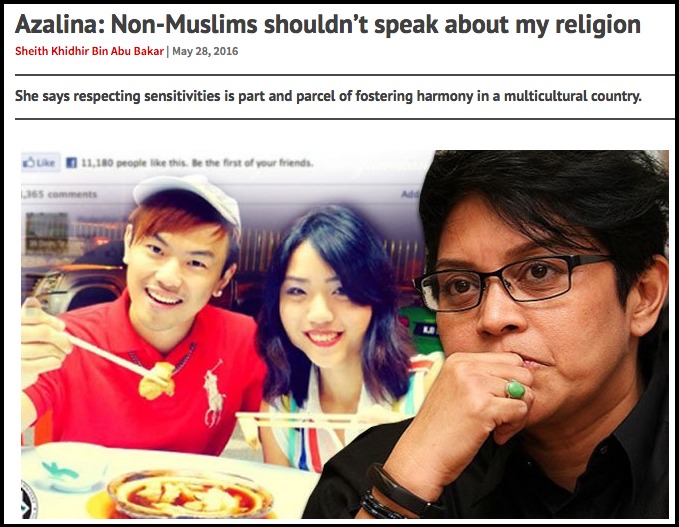
As much as some people may like to think that Hudud is a “Muslim-only” issue, they might be surprised to learn that Muslims and non-Muslims have been living together in this country for the longest time – as friends, family, and neighbors. And unless we divide society into two separate groups, religious laws will definitely have an effect on everyone… whether it’s a ban on Christmas celebrations in Brunei, or Roshinee worrying about how Hudud might affect her Muslim friends.
For now, Hadi Awang himself postponed the Bill to October to allow for more discussion; but without open discussions with the public,we’ll still end up with a chicken-and-egg situation. Non-Muslims would arrive at their own conclusions, post insulting or misinformed comments on social media, attract the attention of Muslims who’ll be offended, and start a flame war. It’s a vicious cycle and everyone gets burnt. Wouldn’t it be a better idea to discuss both points of view to get a better understanding instead? Or if you’re tired talking about it, that’s okay too 🙂
After all, we’re supposed to be 1Malaysia; not ½ Malaysia + ½ Malaysia = 1 Malaysia.

- 1.3KShares
- Facebook1.1K
- Twitter15
- Email57
- WhatsApp86

